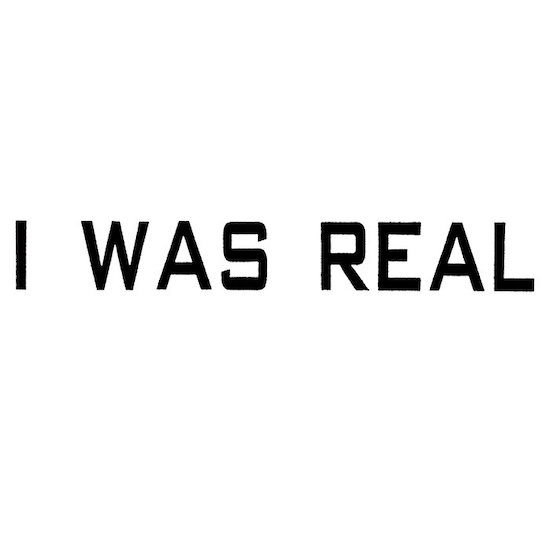This is the third album from New York duo 75 Dollar Bill, and percussionist Rick Brown and guitarist Che Chen are working with an expanded ensemble. The instrumentation is thoughtful and sometimes surprising, and any record that makes explicit use of the wonderful Casio SK1 is alright by me.
I have noticed that there’s stuff online concerning the influence of Moorish modal music with 75 Dollar Bill, but as far as I can tell, Chen spent only a short time in Mauritania and he acknowledges the impact as inevitably “superficial”. Besides, I think I hear as much John Cale here as I do North West Africa.
Perhaps a more readily graspable way into this part of their work is the use of re-fretted quartertone guitars, which, while they don’t charge away from equal temperament to the realms of Harry Partch, do provide a wonderful palette of kind-of microtonal riffs and melodies that twist around the broad drones, strings and wind to dizzying effect (check ‘WZN#4’). These elements, set against assured and purposeful repetition (which comes hand in hand with a clear understanding of the value of difference), give us a deeply satisfying structural landscape to sit in and enjoy what this album does best.
And that is timbre – like the sax against guitar on ‘Tetuzi Akiyama’, for example. It’s the kind of timbral coupling that Mark Hollis did so brilliantly, though here rendered through a wilder set of methods. Percussion, too, benefits from this skillset (besides being gloriously unaffected at the point of production) as the sounds – plywood, stamps, claps, and whatever else – fairly combust with urgency and just enough otherness to skew those elements that still feel like popular music.
It’s a tough record to summarise quickly. There’s jazz, blues, post-rock, folk… (at least). There’s distinctly non-Western strands, a tranced, shamanistic fury to everything, and a deft application of different kinds of harmonic distortion. Yet, it’s not so demanding to hear. In fact, it’s pretty accessible. Nothing here is troubling, nothing jars or feels incongruous. I guess, really, it’s exactly what we should expect from a city like New York with so many distinct (and indistinct) ethnicities and histories bubbling through its streets and avenues. I Was Real feels like an exercise in embracive multiculturalism, trans-historicism, and focussed, intense musicianship. Slippery to define or place, and all the better for it.


